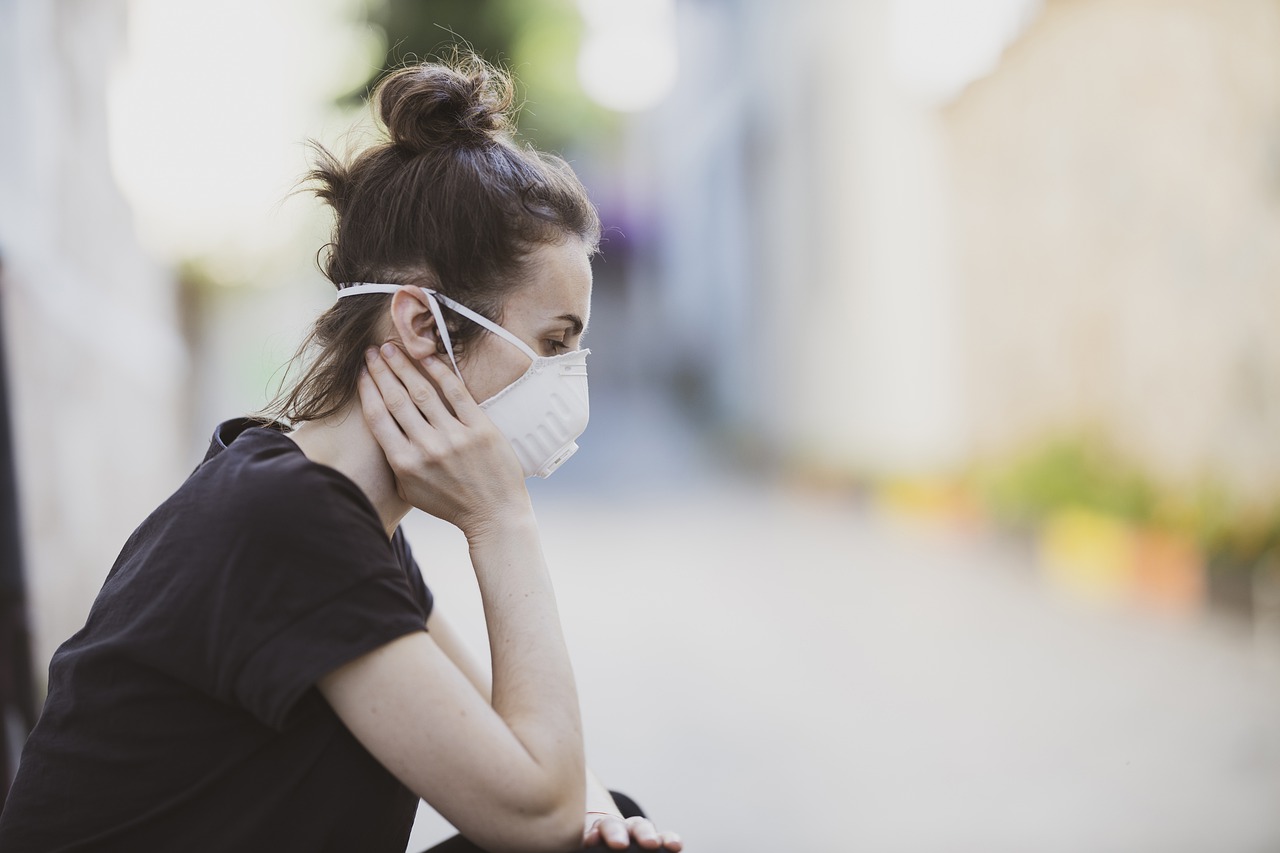A study conducted by a German health insurance company comes to the conclusion that mental illnesses are responsible for around 19 percent of all absences from work. This is the highest value compared to other diagnoses – even before back problems and colds. Time pressure and too much paperwork are the most frequently cited reasons why more than two thirds of those employed in nursing care feel stressed, according to a survey by the German Trade Union Federation.
In addition, nursing staff are often exposed to high emotional stress. If relaxation is neglected in the long run, the body can reach a critical level. Those affected are tired and more susceptible to illness, gastrointestinal complaints or tinnitus can be the result, even burnout.
„In my academy, I repeatedly experience nurses who feel exhausted by the stress of everyday work,“ says Simone Stargardt, managing director of the private academy carriere & more. Every year, around 1,000 participants prepare for IHK examinations at the three locations of her academy in the Stuttgart, Mannheim and Würzburg region; for example, for the examinations to become a specialist in health and social services.
„In addition to the already existing professional strain, the examination phases in particular are an additional stress factor for course participants from nursing professions,“ says Stargardt. Students who turn to the trainer for advice are given three tips as immediate assistance:
Acute help 1: Grin for 60 seconds
„If we pull up the corners of our mouth, our brain releases happiness hormones. It doesn’t matter whether we actually feel like laughing or not,“ Stargardt introduces the first tip: „If we are acutely stressed, it has to be 60 seconds in a row, below that this exercise is ineffective,“ the trainer continues. With a wink, she recommends that this exercise is best performed unobserved by others.
Acute help 2: Drink water
Drinking a large glass of cool water in a stressful situation calms you down immediately. However, the water should be free of carbon dioxide, as it is easier to drink the glass all at once. The result: „The heart beats more slowly, breathing deepens, we come to rest“, explains Stargardt.
Acute care 3: Conscious breathing
Targeted breathing techniques lower the heart rate and help the body to relax. In order to calm the body’s functions, twice as much time should be spent breathing out as breathing in. „For example, during a coffee break, sitting loosely on a chair, count slowly to two when inhaling, count to four when exhaling and repeat this ten to 20 times,“ Stargardt suggests.
„Depending on the type, different methods are suitable in the medium and long term for finding one’s inner center again,“ the Academy owner continues. If stress manifests itself mainly in muscular tension, sport can help. On the other hand, if you are constantly irritable, it is better to try mental training. While in the case of organic complaints, such as eye twitching or gastrointestinal problems, a time-out such as a wellness day and healthy, light food works best. „Many people are mixed types,“ Stargardt knows from her experience with students.
The expert for modern personnel management has found out that we were often influenced by beliefs such as „be perfect“ or „be strong“ during the first years of our lives. Anyone who moves from „how do I have to be“ to „how can I allow myself to be“ can feel the first results after just two to three weeks. For example, that they remain more relaxed in challenging situations. „But reversing beliefs in the long term is a process that usually takes several months,“ concludes Stargardt.


